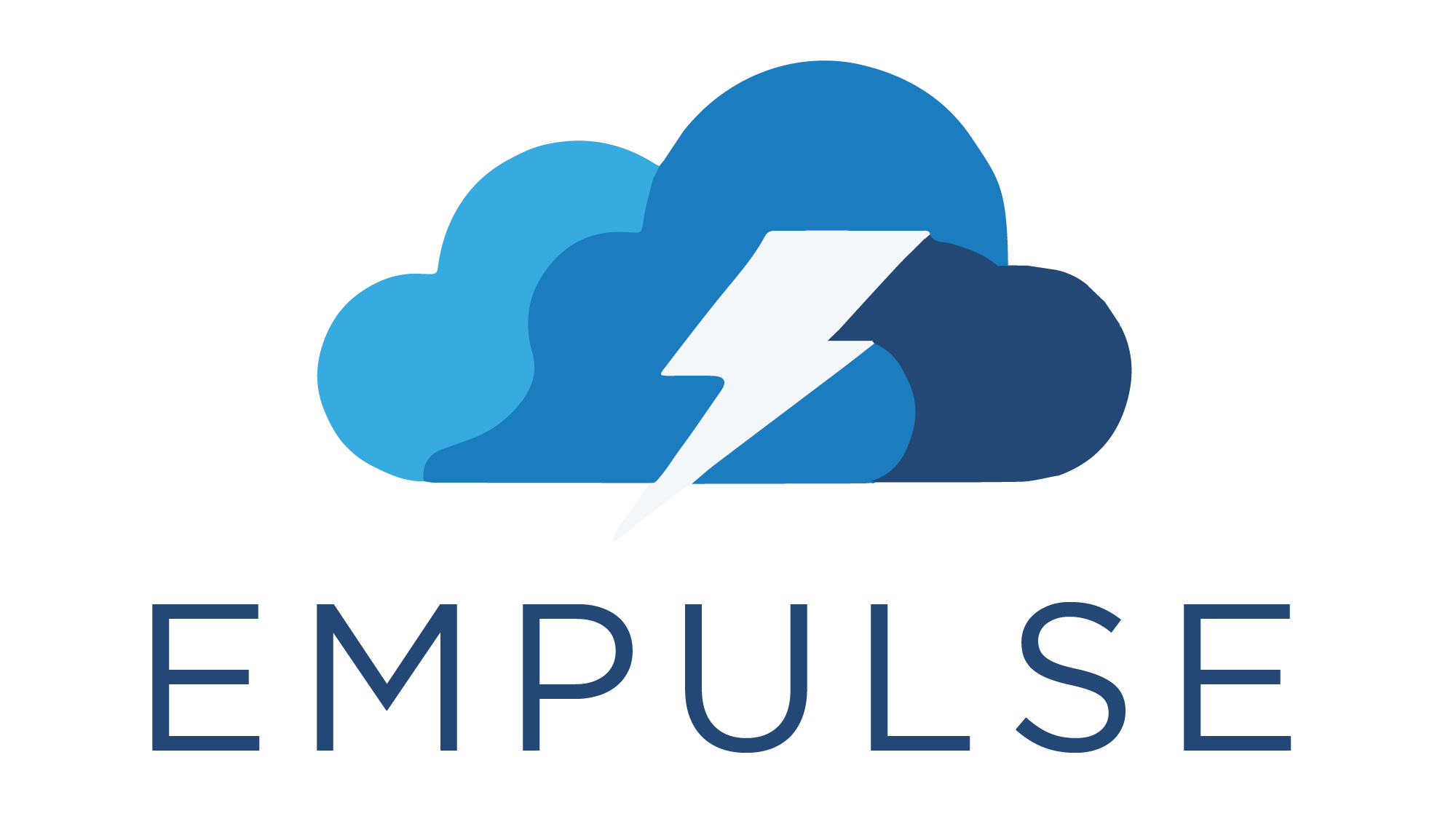B2BoostClassifier#
- class empulse.models.B2BoostClassifier(estimator=None, *, accept_rate=0.3, clv=200, incentive_fraction=0.05, contact_cost=15)[source]#
Cost-sensitive gradient boosting classifier for B2B customer churn.
B2BoostClassifier supports
xgboost.XGBClassifier,lightgbm.LGBMClassifierandcatboost.CatBoostClassifier. By default, it uses XGBoost classifier with default hyperparameters.Read more in the User Guide.
- Parameters:
- estimator
xgboost.XGBClassifier,lightgbm.LGBMClassifierorcatboost.CatBoostClassifier, optional XGBoost or LightGBM classifier to be fit with desired hyperparameters. If not provided, a XGBoost classifier with default hyperparameters is used.
- accept_ratefloat, default=0.3
Probability of a customer responding to the retention offer (0 < accept_rate < 1). Is overwritten if another accept_rate is passed to the
fitmethod.- clvfloat or 1D array-like, shape=(n_samples), default=200
If
float: constant customer lifetime value per retained customer (clv > incentive_cost). Ifarray: individualized customer lifetime value of each customer when retained (mean(clv) > incentive_cost). Is overwritten if another clv is passed to thefitmethod.Note
It is not recommended to pass instance-dependent costs to the
__init__method. Instead, pass them to thefitmethod.- incentive_fractionfloat, default=0.05
Cost of incentive offered to a customer, as a fraction of customer lifetime value (
0 < incentive_fraction < 1). Is overwritten if another incentive_fraction is passed to thefitmethod.- contact_costfloat, default=1
Constant cost of contact (
contact_cost > 0). Is overwritten if another contact_cost is passed to thefitmethod.
- estimator
- Attributes:
- classes_numpy.ndarray, shape=(n_classes,)
Unique classes in the target.
- estimator_
xgboost.XGBClassifier Fitted XGBoost classifier.
Notes
The instance-specific cost function for customer churn is defined as [1]:
\[C(s_i) = y_i[s_i(f-\gamma (1-\delta )CLV_i] + (1-y_i)[s_i(\delta CLV_i + f)]\]The measure requires that the churn class is encoded as 0, and it is NOT interchangeable. However, this implementation assumes the standard notation (‘churn’: 1, ‘no churn’: 0).
See also
create_objective_churn: Creates the instance-dependent cost function for customer churn.References
[1]Janssens, B., Bogaert, M., Bagué, A., & Van den Poel, D. (2022). B2Boost: Instance-dependent profit-driven modelling of B2B churn. Annals of Operations Research, 1-27.
Examples
import numpy as np from empulse.models import B2BoostClassifier from sklearn.datasets import make_classification X, y = make_classification() clv = np.random.rand(y.size) * 100 model = B2BoostClassifier() model.fit(X, y, clv=clv, incentive_fraction=0.1)
import numpy as np from empulse.models import B2BoostClassifier from sklearn import set_config from sklearn.datasets import make_classification from sklearn.model_selection import cross_val_score from sklearn.pipeline import Pipeline from sklearn.preprocessing import StandardScaler set_config(enable_metadata_routing=True) X, y = make_classification(n_samples=50) clv = np.random.rand(y.size) * 100 pipeline = Pipeline([ ('scaler', StandardScaler()), ('model', B2BoostClassifier(contact_cost=10).set_fit_request(clv=True)) ]) cross_val_score(pipeline, X, y, params={'clv': clv})
import numpy as np from empulse.metrics import empb_score from empulse.models import B2BoostClassifier from sklearn import set_config from sklearn.datasets import make_classification from sklearn.model_selection import GridSearchCV from sklearn.metrics import make_scorer from sklearn.pipeline import Pipeline from sklearn.preprocessing import StandardScaler from xgboost import XGBClassifier set_config(enable_metadata_routing=True) X, y = make_classification() clv = np.random.rand(y.size) * 100 contact_cost = 10 pipeline = Pipeline([ ('scaler', StandardScaler()), ('model', B2BoostClassifier( XGBClassifier(n_jobs=2, n_estimators=10), contact_cost=contact_cost ).set_fit_request(clv=True)) ]) param_grid = { 'model__estimator__learning_rate': np.logspace(-5, 0, 5), } scorer = make_scorer( empb_score, response_method='predict_proba', contact_cost=contact_cost ) scorer = scorer.set_score_request(clv=True) grid_search = GridSearchCV(pipeline, param_grid=param_grid, scoring=scorer) grid_search.fit(X, y, clv=clv)
- fit(X, y, *, accept_rate=Parameter.UNCHANGED, clv=Parameter.UNCHANGED, incentive_fraction=Parameter.UNCHANGED, contact_cost=Parameter.UNCHANGED, fit_params=None, **loss_params)[source]#
Fit the model.
- Parameters:
- Xarray-like of shape (n_samples, n_features)
- yarray-like of shape (n_samples,)
- accept_ratefloat, default=0.3
Probability of a customer responding to the retention offer (
0 < accept_rate < 1).- clvfloat or 1D array-like, shape=(n_samples), default=200
If
float: constant customer lifetime value per retained customer (clv > incentive_cost). Ifarray: individualized customer lifetime value of each customer when retained (mean(clv) > incentive_cost).- incentive_fractionfloat, default=10
Cost of incentive offered to a customer, as a fraction of customer lifetime value (
0 < incentive_fraction < 1).- contact_costfloat, default=1
Constant cost of contact (
contact_cost > 0).- fit_paramsdict, optional
Additional parameters to pass to the estimator’s fit method.
- loss_paramsdict
Additional keyword arguments to pass to the loss function.
- Returns:
- selfB2BoostClassifier
Fitted B2Boost model.
- get_metadata_routing()#
Get metadata routing of this object.
Please check User Guide on how the routing mechanism works.
- Returns:
- routingMetadataRequest
A
MetadataRequestencapsulating routing information.
- get_params(deep=True)#
Get parameters for this estimator.
- Parameters:
- deepbool, default=True
If True, will return the parameters for this estimator and contained subobjects that are estimators.
- Returns:
- paramsdict
Parameter names mapped to their values.
- predict(X)#
Predict class labels for X.
- Parameters:
- X2D numpy.ndarray, shape=(n_samples, n_features)
- Returns:
- y_pred1D numpy.ndarray, shape=(n_samples,)
Predicted class labels.
- predict_proba(X)#
Predict class probabilities for X.
- Parameters:
- X2D numpy.ndarray, shape=(n_samples, n_features)
- Returns:
- y_pred2D numpy.ndarray, shape=(n_samples, n_classes)
Predicted class probabilities.
- score(X, y, sample_weight=None)#
Return the mean accuracy on the given test data and labels.
In multi-label classification, this is the subset accuracy which is a harsh metric since you require for each sample that each label set be correctly predicted.
- Parameters:
- Xarray-like of shape (n_samples, n_features)
Test samples.
- yarray-like of shape (n_samples,) or (n_samples, n_outputs)
True labels for X.
- sample_weightarray-like of shape (n_samples,), default=None
Sample weights.
- Returns:
- scorefloat
Mean accuracy of
self.predict(X)w.r.t. y.
- set_fit_request(*, accept_rate='$UNCHANGED$', clv='$UNCHANGED$', contact_cost='$UNCHANGED$', fit_params='$UNCHANGED$', incentive_fraction='$UNCHANGED$')#
Request metadata passed to the
fitmethod.Note that this method is only relevant if
enable_metadata_routing=True(seesklearn.set_config). Please see User Guide on how the routing mechanism works.The options for each parameter are:
True: metadata is requested, and passed tofitif provided. The request is ignored if metadata is not provided.False: metadata is not requested and the meta-estimator will not pass it tofit.None: metadata is not requested, and the meta-estimator will raise an error if the user provides it.str: metadata should be passed to the meta-estimator with this given alias instead of the original name.
The default (
sklearn.utils.metadata_routing.UNCHANGED) retains the existing request. This allows you to change the request for some parameters and not others.Added in version 1.3.
Note
This method is only relevant if this estimator is used as a sub-estimator of a meta-estimator, e.g. used inside a
Pipeline. Otherwise it has no effect.- Parameters:
- accept_ratestr, True, False, or None, default=sklearn.utils.metadata_routing.UNCHANGED
Metadata routing for
accept_rateparameter infit.- clvstr, True, False, or None, default=sklearn.utils.metadata_routing.UNCHANGED
Metadata routing for
clvparameter infit.- contact_coststr, True, False, or None, default=sklearn.utils.metadata_routing.UNCHANGED
Metadata routing for
contact_costparameter infit.- fit_paramsstr, True, False, or None, default=sklearn.utils.metadata_routing.UNCHANGED
Metadata routing for
fit_paramsparameter infit.- incentive_fractionstr, True, False, or None, default=sklearn.utils.metadata_routing.UNCHANGED
Metadata routing for
incentive_fractionparameter infit.
- Returns:
- selfobject
The updated object.
- set_params(**params)#
Set the parameters of this estimator.
The method works on simple estimators as well as on nested objects (such as
Pipeline). The latter have parameters of the form<component>__<parameter>so that it’s possible to update each component of a nested object.- Parameters:
- **paramsdict
Estimator parameters.
- Returns:
- selfestimator instance
Estimator instance.
- set_score_request(*, sample_weight='$UNCHANGED$')#
Request metadata passed to the
scoremethod.Note that this method is only relevant if
enable_metadata_routing=True(seesklearn.set_config). Please see User Guide on how the routing mechanism works.The options for each parameter are:
True: metadata is requested, and passed toscoreif provided. The request is ignored if metadata is not provided.False: metadata is not requested and the meta-estimator will not pass it toscore.None: metadata is not requested, and the meta-estimator will raise an error if the user provides it.str: metadata should be passed to the meta-estimator with this given alias instead of the original name.
The default (
sklearn.utils.metadata_routing.UNCHANGED) retains the existing request. This allows you to change the request for some parameters and not others.Added in version 1.3.
Note
This method is only relevant if this estimator is used as a sub-estimator of a meta-estimator, e.g. used inside a
Pipeline. Otherwise it has no effect.- Parameters:
- sample_weightstr, True, False, or None, default=sklearn.utils.metadata_routing.UNCHANGED
Metadata routing for
sample_weightparameter inscore.
- Returns:
- selfobject
The updated object.

